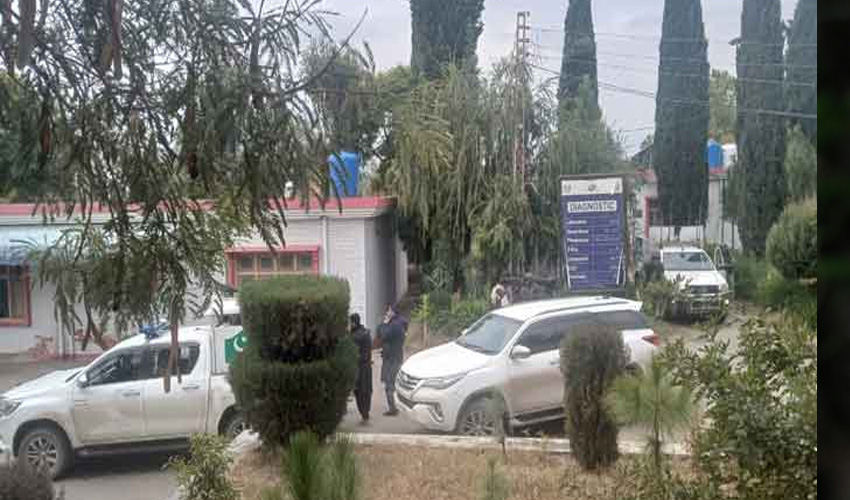Khyber Pakhtunkhwa Chief Minister Ali Amin Gandapur has come under fire after delivering a controversial speech, with political opponents accusing him of fostering unrest and misleading the public.
The speech, laden with rhetoric in support of Pakistan Tehreek-e-Insaf’s (PTI) ongoing political agitation, has been met with criticism from various quarters, including claims that it failed to address the governance issues within the province.
Political analysts have pointed out that Gandapur, like many PTI leaders, continues to follow a pattern of stirring up workers with lofty promises only to abandon them in critical moments. “PTI’s history of mobilizing their supporters through high-sounding rhetoric and then deserting them when the law catches up has become a well-known tradition,” remarked a political observer.
The most pointed criticism came from Gandapur’s own admission that during a recent political unrest in Islamabad, he fled from KP House after hiding for four hours, fearing arrest. “He proudly narrates his cowardice as though it were a badge of honour,” said a senior political leader. "This is the same man who claimed he would take a bullet on his chest for haqeeqi azadi, but when the moment came, he left his own people to face the consequences."
Opposition members have also raised questions about the number of Khyber Pakhtunkhwa Assembly sessions held during Gandapur’s tenure, suggesting that more time was spent pleasing a certain “anarchist in Adiala” than attending to the province’s needs. They accuse Gandapur of neglecting his duties as Chief Minister in favour of arranging protests and demonstrations aimed at supporting PTI leadership, particularly former prime minister Imran Khan, who is currently incarcerated.
“This is not governance. The Chief Minister should be focusing on the pressing issues of his province, not playing a supporting role in political theatrics,” a source close to the provincial government commented. Critics also claim that Gandapur's speech is better suited for entertainment rather than serious political discourse, calling it "a laughing stock."
Gandapur’s conduct, including his escape from KP House, has drawn ire even from his own party supporters, who see his actions as a betrayal. “He has become an object of ridicule among his workers, who feel humiliated by his repeated failures and cowardly behaviour,” said a political insider. “Instead of conducting himself with the dignity of a Chief Minister, he behaves more like a fugitive.”
Questions have also been raised about the workers arrested during recent protests, with allegations that they were a mix of Afghan nationals, locals, and government employees. Political commentators have suggested that the reason Gandapur is worried about their arrests is because they are revealing how money was allegedly distributed to incite violence during the protests.
“The fact that Gandapur is now raising questions about the chain of command, criticizing state officials for obeying government orders, shows his disregard for the rule of law,” remarked a political analyst. “He needs to understand that these officials serve the state, not his personal interests.”
The criticism of Gandapur’s speech has also revived discussions around PTI’s use of propaganda and conspiracy theories. Political opponents argue that the party has long used disinformation to manipulate public perception. “Just like they did in the case of Zille Shah, whose death was exploited for political gain, PTI continues to deceive the public with a narrative built on lies and conspiracy theories,” said a party insider.
In response to the wave of criticism, Gandapur has yet to provide clarification on the allegations, with political observers noting that PTI’s strategy has always been to “cloud the issue when they cannot convince the public.”



























